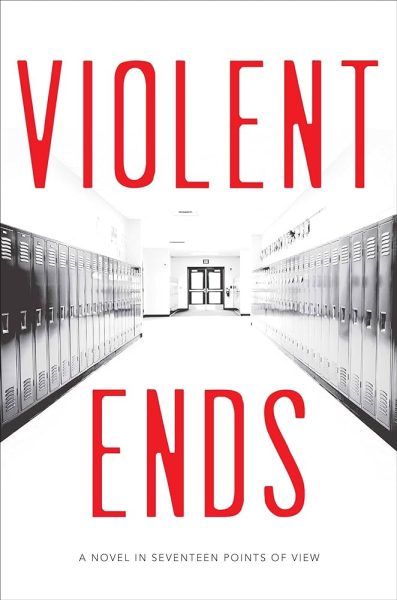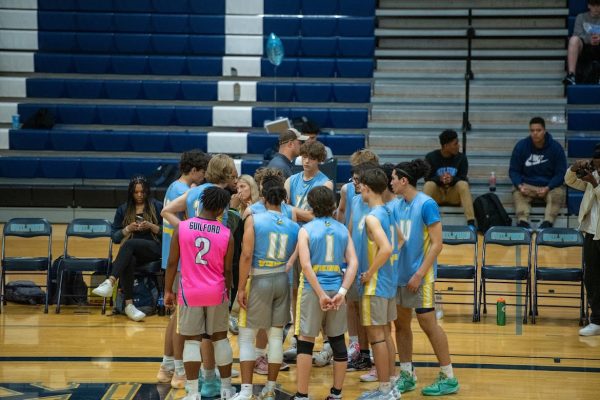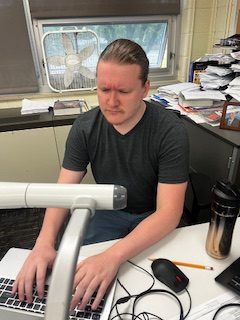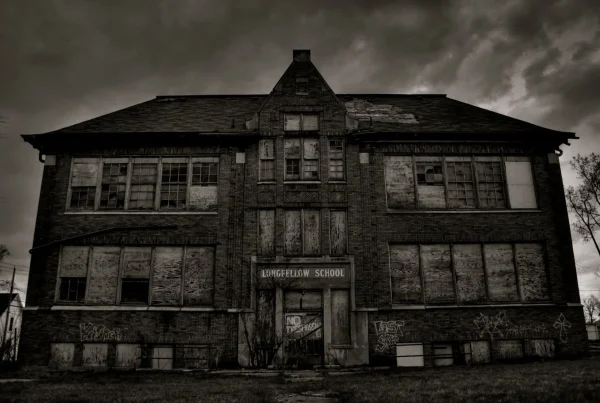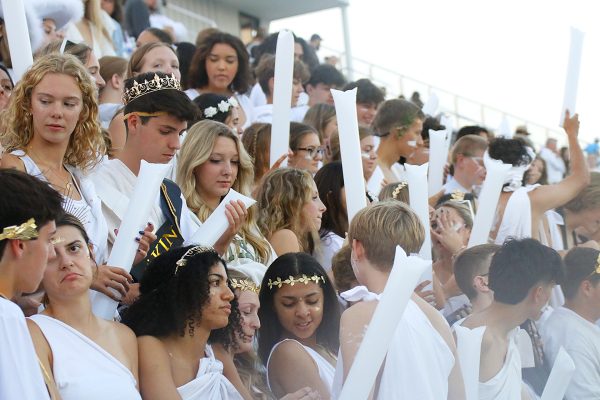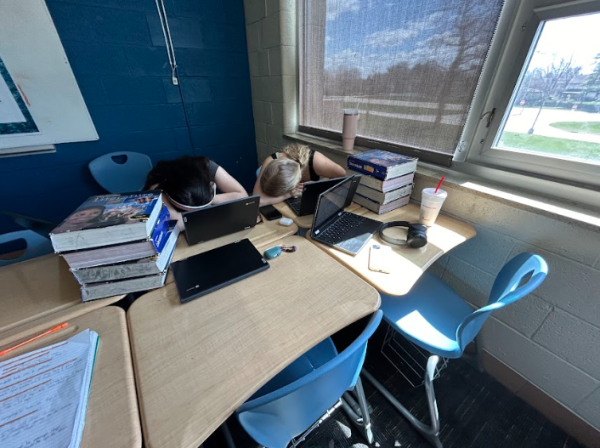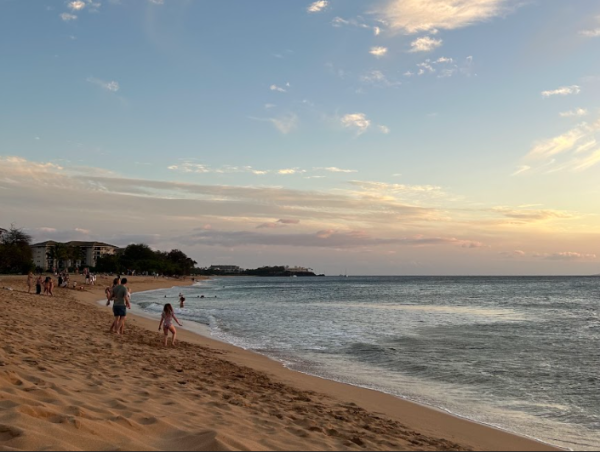Teachers’ stance on September start
With the school year coming to a close, teachers, staff, and students are excitedly anticipating the arrival of summer. Many school districts finish their school year in mid to late May, but RPS205 extends into June. This late finish is due to the school year starting in September, after Labor Day, whereas many other school districts start in mid-to-late August.
Teachers have many different opinions on the time at which school starts, based on the classes they teach. Ms. Tea Lojanica, Social Studies teacher, approves of the late start date because of the weather.
“I enjoy hot weather and summer and I have found that on average the weather has been cooler in early June/late May, than late August,” said Ms. Lojanica. “We also don’t have air conditioning so I don’t want to be in the school in the middle of August. It’s muggy and hot.”
The late start to the school year is the decision of RPS205’s school board, and is based primarily on the lack of air conditioning in RPS schools. The high temperatures in August could cause students to have Heat Days, and miss out on instruction early in the year. Mr. Erik Czerwin, AP Literature and English 12 teacher, believes that school should start in August even without air conditioning.
“This has never made logical sense because we get 90+ degree days in May, in October, in September. Changing the school calendar doesn’t have any measurable, predictable outcome on the temperature of the air in the building,” said Mr. Czerwin. “If they wanted to solve the heat problem, they could install A/C. Calendars are for schedules, not for temperature control.”
While many teachers hold strong opinions about the start date of school, Principal Mr. Ronald Carter’s stance is not as strong as the teachers because of his position in the school.
“If we start late, for me, the summer is the same,” said Mr. Carter. “We either get out in early May and start in the middle of August or we get out in early June and we start in September. It’s just a shift of time because I am still here, doing whatever needs to be done.”
Mr. Grant Mason, Social Studies teacher, believes that the late start date disproportionately affects his AP Classes.
“AP classes are in a unique position. We are supposed to get through the entirety of our curriculum prior to the test date. The start date puts a strain on teachers trying to accomplish that at a pace that high school students are able to retain all of the information,” said Mr. Mason. “More specifically, in a content-dense AP class like APUSH (AP U.S. History) there’s not a lot of time for activities or enrichment when you need to cover 400+ years of information.”
For teachers like Ms. Lojanica, who does not teach any AP classes, the late start does not affect her course work.
“I don’t teach AP classes so my classes aren’t impacted,” said Ms. Lojanica. “I believe AP classes are the only ones that have a hard stop day that isn’t flexible.”
Mr. Czerwin finds that the late start date affects his senior classes because by the end of the school year, they have their college admissions and scholarships in order.
“There’s now 2+ additional weeks later in the year when I have to struggle against the infamous Senioritis,” said Mr. Czerwin. “It used to be that seniors ended the same time AP exams ended or the following week. So there was a natural end of the year that we worked towards full-speed. Now, I have to figure out what to do with classes when, for all intents and purposes, the seniors are academically complete.”
For teachers who teach non-seniors, the classes continue until the first week of June. Mr. Mason and Ms. Lojanica both assign projects during the last portion of the school year.
“I try to assign research projects in the month of May,” said Mr. Mason. “It allows for students to research topics that we didn’t have time to cover throughout the year and hopefully shows off the skills that students have practiced throughout the year in a capstone fashion.”
Though some teachers enjoy the late start, Mr. Carter believes that it is the best choice for faculty and students to start earlier in the year.
“The district is working on getting air conditioning in all the buildings, so I am hoping that when we get that, we can reassess the calendar. The biggest problem isn’t the start or end date moving, it’s when we end first semester,” said Mr. Carter. “If we don’t end before Christmas break, I see a lot of problems. With Christmas break in there, feeling like you should have been done, and then going on for another three weeks, every day is a drag.”
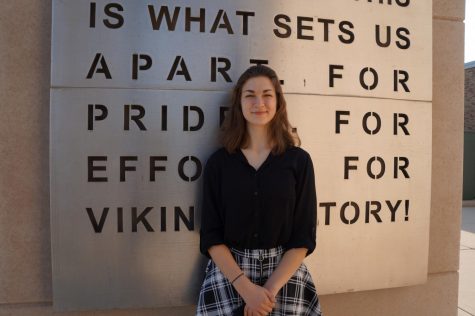
Hello! My name is Jocelyn Kuntz. I am one of the copy editors for The Voyager this year. I enjoy rollerblading, dancing, Muay Thai, playing piano,...



